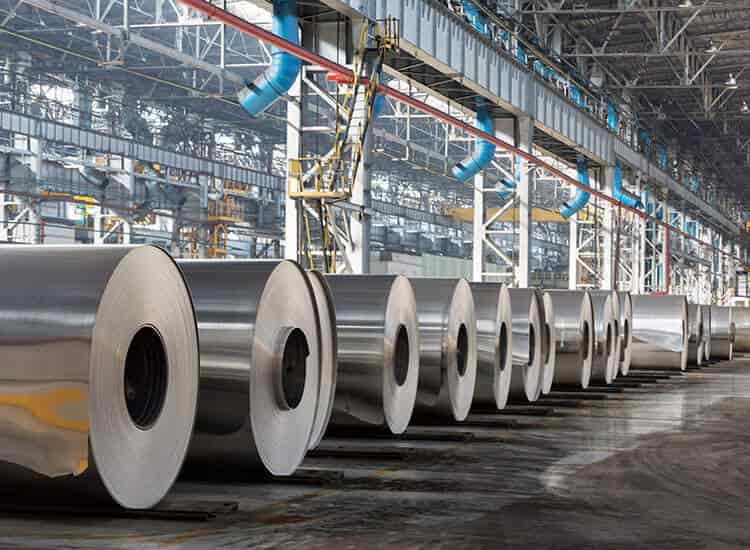In the world of steel production, quality control isn’t just a process—it’s the cornerstone of success. From towering skyscrapers to intricate machinery, steel is the backbone of modern infrastructure and industry. Ensuring its quality is paramount, influencing everything from safety to performance.
Why Quality Control Matters
At its core, quality control in steel production is about consistency and reliability. Each batch of steel must meet stringent standards to guarantee strength, durability, and safety in its intended applications. Imagine a construction project relying on steel beams that vary in strength—they could jeopardize the entire structure’s integrity.
The Role of Quality Control Processes
Quality control begins long before steel reaches the construction site. It starts at the raw material stage, where precise chemical compositions and physical properties are meticulously tested. Throughout production, from melting to shaping, rigorous inspections ensure that the steel maintains its structural integrity and meets specified standards.
Ensuring Safety and Reliability
Steel used in critical applications, such as bridges or medical equipment, undergoes even more rigorous testing. Nondestructive testing methods, like ultrasound and Xray inspection, detect flaws that could compromise performance. This meticulous scrutiny minimizes risks and enhances the reliability of the finished product.
Continuous Improvement
The steel industry thrives on continuous improvement. Advanced technologies, such as automation and artificial intelligence, now enhance traditional quality control methods. Realtime data analysis allows for immediate adjustments, ensuring every batch meets or exceeds expectations.
Sustainability and Quality
In today’s world, quality goes beyond performance—it extends to sustainability. Efficient production processes reduce waste and energy consumption, contributing to a greener future. By prioritizing quality control, steel producers not only meet regulatory requirements but also align with global sustainability goals.
Quality control in steel production is not just a regulatory necessity—it’s a commitment to excellence. It safeguards structural integrity, enhances safety, and fosters innovation. As technology evolves, so too does the quest for higher standards in steel manufacturing. By prioritizing quality first, the steel industry continues to build a foundation for a safer, more sustainable world.




